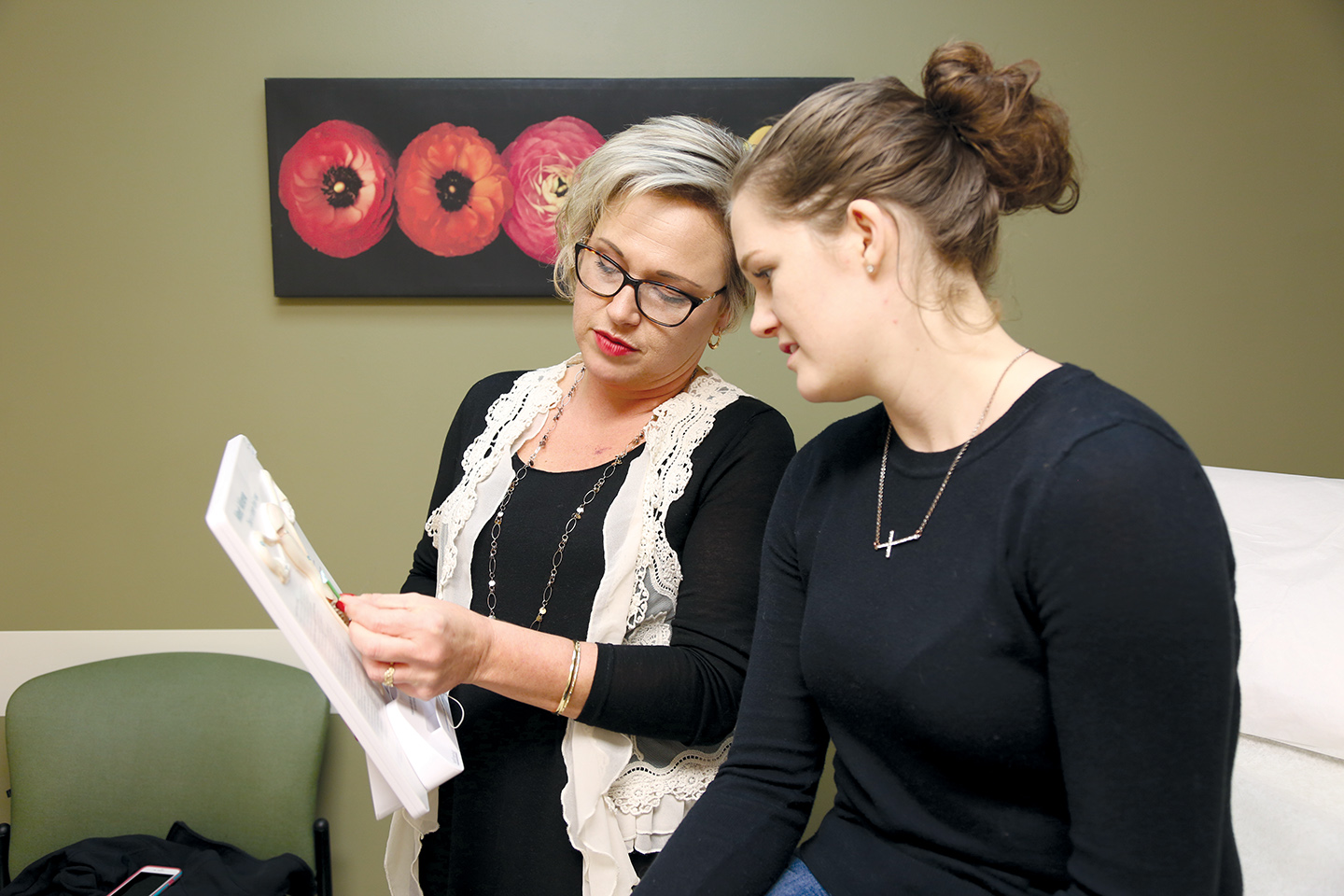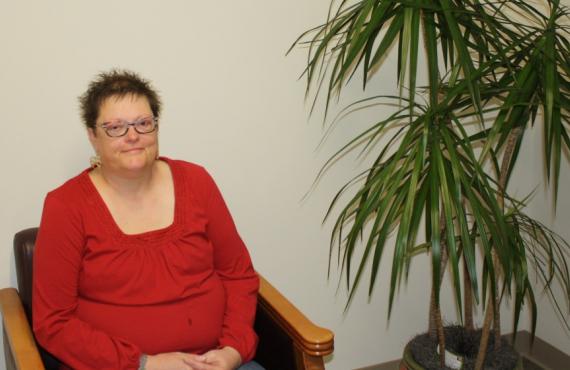Published on May 3, 2022

Read Time: Two Minutes
If you're a woman, chances are you could develop an ovarian cyst in your lifetime.
Ovarian cysts are fluid-filled pockets that can form inside an ovary or on its surface. Women have two ovaries that are relatively the same size and shape on each side of their uterus. Eggs, which develop and mature inside the ovaries, are released during monthly cycles during childbearing years.
Ovarian cysts are quite common and typically cause little-to-no discomfort and are harmless. However, certain ovarian cysts, especially those that have ruptured, can lead to serious health concerns. That's where ovarian cyst treatments can help.
Here are some frequently asked questions about ovarian cysts and ovarian cyst treatments:
What are symptoms of ovarian cysts?
Smaller cysts aren't typically associated with any symptoms and can go away on their own -- typically within six to eight weeks. Larger cysts, however, can lead to the following:
- Pelvic pain
- Bloating
- Heaviness or fullness inside the abdomen
What are the different types of cysts?
There are only two types of functional cysts, which are follicular cysts and corpus luteum cysts. But other kinds of cysts exist and are not part of a normal menstrual cycle. These include dermoid cysts, Cystadenomas and Endometriomas.
How common are large cysts?
About 8% of premenopausal women develop larger cysts that will require some form of treatment. Cysts are far less common after menopause.
Are cysts preventable?
Functional ovarian cysts aren't able to be prevented during ovulation. There are treatments that can stop you from ovulating, however, which will help lower your risk of getting new cysts.
When should I seek medical attention?
If you're worried that a cyst is dangerous, you should consult with a medical professional right away. Head to your doctor if you notice severe pelvic or abdominal pain or are experiencing frequent bouts of vomiting or a fever.
Cysts are common so don't panic, but don't neglect them, either.
Editor’s Note: This post was originally published in April 25, 2019, and has been updated for accuracy and comprehensiveness.
Think You Have an Ovarian Cyst?
Schedule an appointment with an OB/GYN with Phelps Health Women’s Health Center at Maternity at (573) 426-2229.

